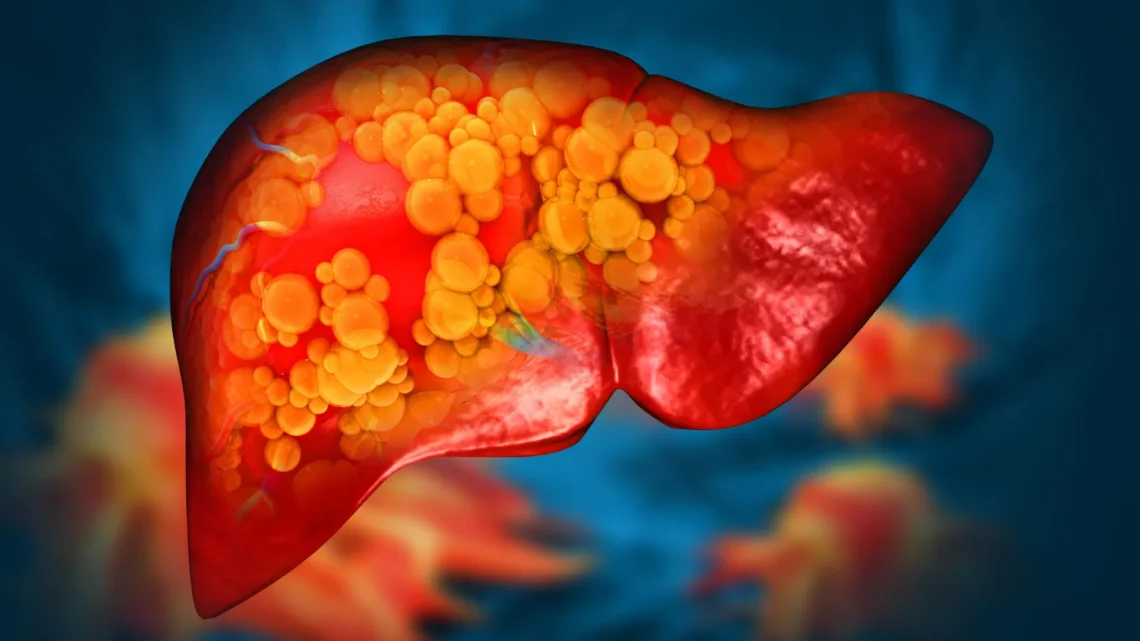New Investigational Drug Shows Promise for Treating MASH
Researchers at the University of California San Diego School of Medicine have identified a new investigational drug that shows potential in treating metabolic dysfunction-associated steatohepatitis (MASH), a serious form of fatty liver disease linked to obesity and type 2 diabetes. If left untreated, MASH can progress to cirrhosis, liver failure, and even liver cancer.
Study Insights
The study, published in the August 23, 2025 online edition of The Lancet, found that the medication, ION224, targets a liver enzyme known as DGAT2, which plays a critical role in the liver’s production and storage of fat. By inhibiting this enzyme, the drug effectively reduces fat accumulation and inflammation—two major contributors to liver damage in MASH.
Expert Commentary
Dr. Rohit Loomba, principal investigator of the study and chief of the Division of Gastroenterology and Hepatology at UC San Diego School of Medicine, stated, “This study marks a pivotal advance in the fight against MASH. By blocking DGAT2, we’re addressing the disease process at its root, effectively halting fat accumulation and inflammation in the liver.”
Clinical Trial Details
The multicenter, Phase IIb clinical trial enrolled 160 adults with MASH and early to moderate fibrosis across the United States. Participants received monthly injections of the drug at various dosages or a placebo over the course of one year. At the highest dose, 60% of participants exhibited significant improvements in liver health compared to those on a placebo. Importantly, these benefits were observed regardless of weight changes, suggesting the drug could be incorporated into existing treatment regimens. The medication was associated with no serious side effects related to the treatment.
The Significance of MASH
MASH, formally referred to as nonalcoholic steatohepatitis (NASH), predominately affects individuals with metabolic conditions, including obesity and type 2 diabetes. It is often termed a “silent” disease due to its tendency to progress for years without noticeable symptoms.
According to the Centers for Disease Control and Prevention, over 100 million individuals in the U.S. are affected by some form of fatty liver disease, with as many as 1 in 4 adults worldwide potentially impacted. Without appropriate intervention, MASH can lead to liver failure and may necessitate transplantation.
Future Implications
Dr. Loomba added, “This is the first drug of its kind to demonstrate a tangible biological impact in MASH. If these findings are validated in Phase III trials, we could finally offer patients a targeted therapy that not only halts progression but may also have the potential to reverse liver damage before it reaches life-threatening stages.”
As the director of the metabolic-dysfunction associated steatotic liver disease (MASLD) research center at UC San Diego School of Medicine, Dr. Loomba emphasizes that these results provide newfound hope for patients and their families. Early intervention and targeted therapies could significantly reduce the burden on healthcare systems by preventing complex and costly liver diseases in the future.
Next steps entail conducting larger clinical trials to facilitate the broader availability of this promising treatment.
Co-authors of the study include Erin Morgan, Keyvan Yousefi, Dan Li, Richard Geary, Sanjay Bhanot from Ionis Pharmaceuticals, and Naim Alkhouri from Arizona Liver Health. Funding for this research was provided by Ionis Pharmaceuticals (ION224-CS2).
Key Health Takeaway
The investigational drug ION224 presents a promising new avenue for the treatment of MASH, targeting the underlying mechanisms of fat accumulation and inflammation in the liver. Its potential to improve liver health without serious side effects could pave the way for more effective management of fatty liver disease.





